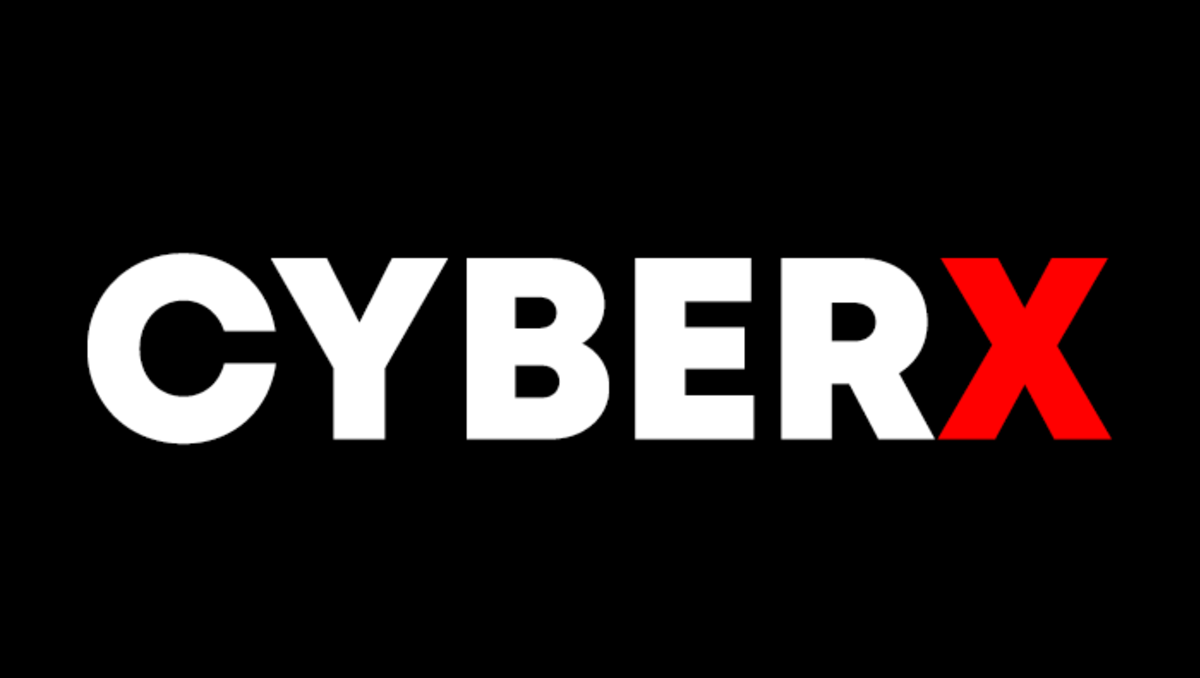Microsoft announced today that it is acquiring CyberX, a platform for the protection of industrial control systems. The terms of the deal have not yet been revealed, but TechCrunch claims the amount reaches $ 165 million.
The acquisition strengthens Microsoft's strategic position in the autonomous systems market, which it introduced in 2018 with the purchase of Bonsai (now Project Bonsai). THE team of Project Bonsai is applying AI technology to industrial control systems, and CyberX's technology promises to protect these control systems from cyberattacks.
“CyberX will complement Azure IoT's existing security capabilities as well as existing ones Appliances, όπως εκείνες που χρησιμοποιούνται σε βιομηχανικές applications IoT, business technology and infrastructure”, said Michal Braverman-Blumenstyk, CVP of Microsoft Cloud and AI, and Sam George, head of Azure IoT.
"With CyberX, our customers will be able to discover existing IoT components, manage and improve the security of these devices."
CyberX was created in 2012 by Omer Schneider and Nir Giller (two veterans of the elite cyber unit of the Israel Defense Forces), and aims to stop any attack on platforms that monitor any control systems.
CyberX claims it can deliver information για κάθε περιστατικό σε λιγότερο από μία ώρα, κατά μέσο όρο. Πριν από την εξαγορά, στους πελάτες της ήταν δύο από τους πέντε κορυφαίους παρόχους ενέργειας των ΗΠΑ, μια κορυφαία παγκόσμια φαρμακευτική εταιρεία, μια κορυφαία αμερικανική εταιρεία χημικών, εθνικές επιχειρήσεις ηλεκτρικής ενέργειας και φυσικού αερίου σε όλη την Ευρώπη και την Ασία.





